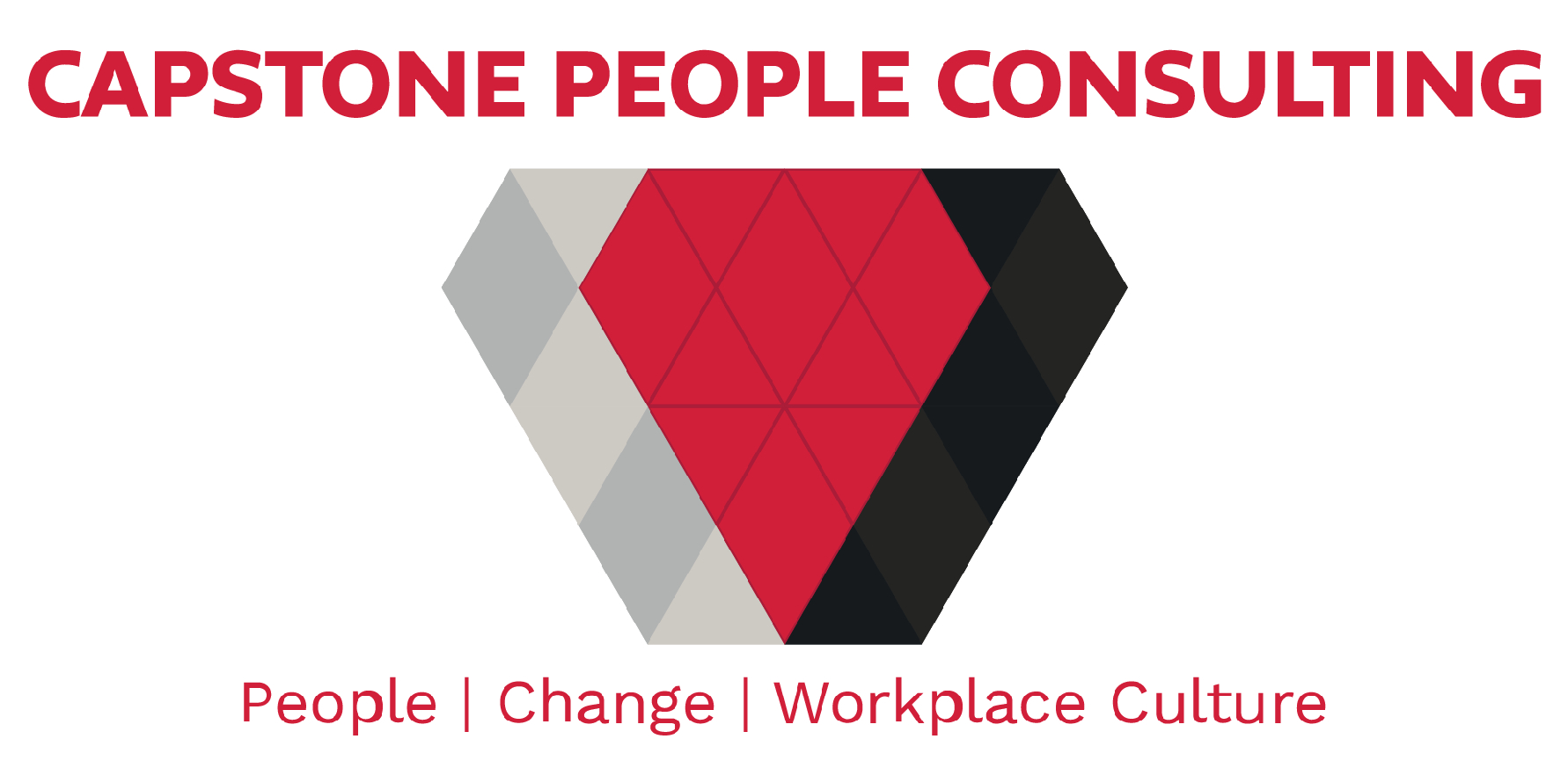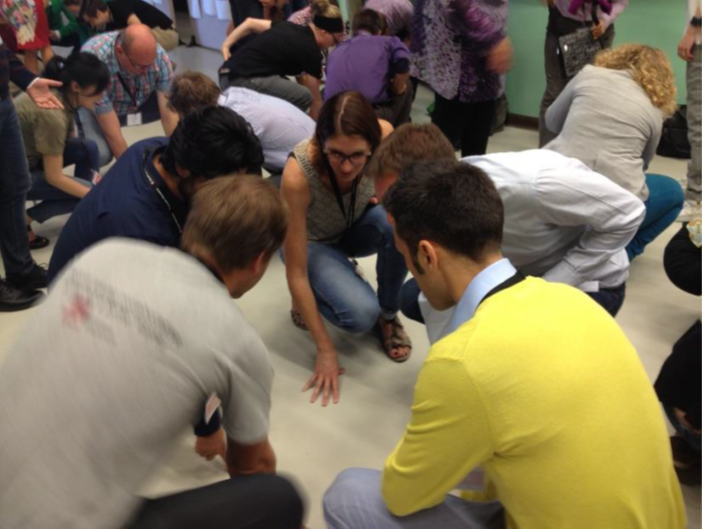Change Management continues to be the most wanted Competence not only for India Inc. but across the world, particularly in a tumultuous Business Environment that constantly puts this Competence to test. In fact, an IBM Report indicated that over a two-year period, the percentage of CEOs expecting substantial Change climbed from 65% in 2006 to 83% in 2008 but those reporting they have successfully managed Change rose only by 4% from 57 %-61%.
This disparity between expecting change and feeling able to manage it – ‘The Change Gap’ nearly tripled between 2006-2008. In fact, a recent CCL study found that the four most important skills, capabilities needed by an organization in the future are:
- Leading People
- Strategic Planning
- Inspiring Commitment and
- Managing Change
And these are among the top weakest competencies among Leaders today! While there is a huge body of research done in the area of managing change effectively – the most forefront is the work by John Kotter documented in the seminal book ‘Leading Change’. The problem within most organizations begins with the way Change is understood, defined and managed to solve problems. Change is often perceived as Strategic and therefore in the domain of a few. Worse still is when Change is perceived as ‘Business as usual’ and not even acknowledged as ‘Change’ within organizations.
Any logical Change Management process begins with clarity on the ‘As is’ situation with a game plan on how to transition to the Go-to system with the least amount of pain and turmoil.
Organizations invariably focus on the ‘how’ of Change without investing in the ‘Why for Change’. This itself disenfranchises most people who are mostly not directly involved with the process of Managing Change but treat it more as cogs in the wheel who must play their roles and move automatically in the direction of Change.
Kotter’s 8 Steps of creating a sense of urgency, building a Guiding Coalition, forming Strategic Vision and Initiatives, enlisting the Volunteer Army, enabling by removing Barriers, generating Short-term Wins and Sustaining Acceleration are undoubtedly a fool proof logical method of driving Change effectively. What it presupposes is Employee involvement and an approach to managing Change that appeals to all because it is emotionally aligned to what people need to succeed. It pre-supposes what exists within the organic working rhythm of organizations that needs to be leveraged, an understanding that franchises people, minus blame games, minus the resistance from those who are still emotionally attached to the old way or to status-quo.
The Appreciative Inquiry approach to Problem Solving and Change Management on the other hand, enables franchising large groups and ensuring their emotional involvement for managing Change. David Cooperrider, the Founder of Appreciative Inquiry says ‘We have reached the end of Problem Solving as a mode of Inquiry capable of inspiring and sustaining Human System Change. The future belongs to methods that affirm, compel and accelerate Learning while including the voices of all the people who will be affected by the change.”
Appreciative Inquiry is a unique invitation to bring people together to create the Future they care about by innovating on top of the very best of the past. The Appreciative Inquiry approach for managing Change restores trust, generates hope, invites vision, and opens up infinite vistas of possibilities. No other methodology has the potential to be as effective in addressing challenging issues while impacting transformation because the most important question in the Diagnosis for driving change is to understand what gives life to these individuals, their teams, their organization. What enables their high point experiences? What is already organically working in tandem to produce these experiences? What is enabling best practices? What is the soil for Innovation? Herein lies the real answers for driving Change with joy, anticipation, eagerness to change for a better culture, a better way of working, and a better organization.
The AI approach recommends the 4D cycle to Drive Change. Sitting right at the center of Discover, Dream, Design, and Destiny are the life-giving forces – the unique elements of the Culture of the organization and its organic rhythm that can make the change succeed.
The 4D approach for driving Change begins with Discover which involves asking about the Best of What Is. Appreciative Inquiry suggests that any Change Intervention that is an improvement can only be undertaken if we first understand the organization’s/team’s journey of excellence and accomplishment. Therein lies the strategy for managing Change successfully and making it meaningful for all.
Having understood the best of what is available to enable the Change to succeed we move to the Dream Stage where the Group imagines what could be? They actively invest in visioning a world when the change has been successfully implemented and using the Anticipatory principle imagine the details for implementing the Change successfully.
The next D- Design is about creating a Plan for execution. This stage is similar to creating a blueprint for transitioning from ‘As is’ to ‘Go to’ stages in the traditional Change Management process. The difference is it involves everyone and is designed by leveraging Lifegiving forces thereby eliminating resentment and resistance to Change.
The Destiny Stage is about accomplishing the dream, deciding how the Group will ensure the Design is on track. How will they know they have reached the milestones to achieve their Dreams. Destiny involves reviewing progress, testing the metrics for success and keeping the group energies going to drive change with positivity and enthusiasm.
The 4D approach enables more Discovery, more Dreams, more Design, and greater Destinies within organizations. The Appreciative Inquiry approach teaches that language can create reality and that the act of inquiry is not a prelude to the intervention, it IS the intervention. Therefore inquiry and change are as simultaneous occurrence. Secondly the intention of the inquirer and the nature of the question determines the answer, so the outcome lies in asking the right questions. Questions in Appreciative Inquiry are very important as they define the direction of our path. You generally find what you look for and what you focus on grows and expands.
“The problem-solving approach directs attention to ‘the worst of what is’ and constantly examining what is wrong within the organization. It is assumed that something is broken, fragmented and needs to be fixed. It is erroneously believed that if the problems are fixed, the desired future will automatically unfold.” – David Cooperrider.
Leaders need to be mindful of what questions they are asking and what words they use to define realities for their Teams (Constructionist Principle).
‘Culture’ is a word loosely used to define any behavior consistently observed in the environment or to describe how the organization behaves or reacts to both adverse and happy occasions. It is a collective word to describe the philosophies governing systems and processes and the the ‘Way in which’ Leaders behave as representatives of the Employer.
Appreciative Inquiry advocates that Culture is formed by the stories we tell ourselves about ourselves. That cultures can get positively impacted by a collective belief that people can influence their future. People within organizations must come together in large groups and forums to influence and drive Change. That cultures are healthy where there is respect for the artistic, spiritual and creative qualities of life that Leaders are responsible to nurture within organizations to create the fertile soil for driving and sustaining Change.
Appreciative Inquiry may prima facie appear poetic, not left-brained enough to drive real Change or resolve real and complex organizational problems. Practitioners will however vouch for its wisdom, its deceptively simple philosophies that are in fact rooted in positive psychology and astutely defined to understand the ‘real’ levers for driving sustainable change.
An Appreciative mindset is not just about being positive, it is the ability that corresponds to intentional and generative acts. Applying Appreciative Inquiry is not about posting a label of good on something that is not good or about unreasonably calling a negative situation positive. The Appreciative approach does not mean pretending that terrible things have not happened to people. Instead, it allows painful memories to be viewed as history- not as the present and allows the Group to use the opportunity to create a different action for a better future.
By framing reality in a new positive way, people open their minds to seeing new connections between ideas, people, or situations. The rapid spread of Change that Leaders are experiencing today, requires us to continually search for new and innovative solutions to the complex problems we encounter. Experience has shown us that the ability to reframe, redefine and shift mindsets is a valuable skill for Managers, Leaders, and Individual Contributors.
Appreciative Inquiry Principles provide Leaders a compass to help achieve new and innovative solutions through people that are sustainable.
References:
‘Appreciative Coaching: A Positive Process for Change’ by Orem, Binkert, and Clancy.
Appreciative Inquiry – A Positive Revolution in Change by David Cooperrider and Diana Whitney
AI in a nutshell: Innovation Partners International


